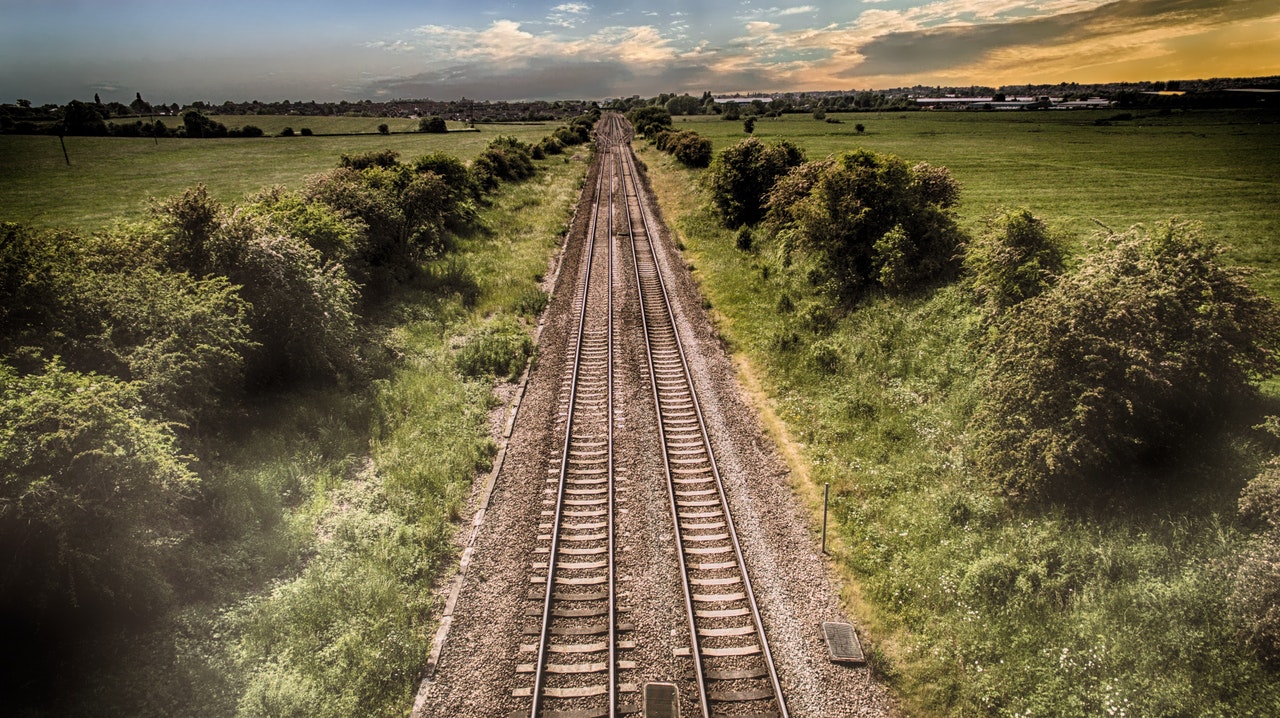The transportation sector has grown considerably in the Middle East during the past decade, and railway projects have been a point of emphasis. The success of the Dubai Metro, which launched in 2009, highlighted the potential of railway transportation in the region and other countries have since followed the lead of the United Arab Emirates (UAE). There was more than $400 billion in planned transportation projects in the Middle East the following year.
While some projects have faced challenges, others have been completed and are now operational. These include the 264-kilometer line of the UAE Etihad Rail network and the 453-kilometer Haramin high-speed line in Saudi Arabia. Egypt is now following suit with the intention of developing an 1,800-kilometer rail network that has been referred to as a “Suez Canal on rails.”
Being Developed by Siemens Mobility
Egypt’s National Authority for Tunnels (NAT) announced on September 1 that it had signed a $4.5 billion contract with a consortium led by Siemens Mobility to deliver the high-speed electric rail network. Siemens’s share of the contract is about $3 billion, while the rest will go to partners Orascom Construction S.A.E. and The Arab Contractors. The consortium will design, install, and maintain the network for 15 years. An MoU was originally signed between the parties in January 2021.
“We are proud to support the Egyptian government’s ambition to transform its transport sector by building its first high-speed electrical rail network,” commented Siemens AG president and CEO Roland Busch. “This landmark project will create jobs, boost economic growth, and improve quality of life for millions of people, by creating a more efficient, safe and sustainable transport system.”
The $4.5 billion contract is only for 660 kilometers of the 1,800-kilometer network. However, Siemens and the NAT agreed to discuss details for the other two lines in the coming months. For the first phase of the project, Siemens is supplying its Velaro high-speed trains, Vectron freight locomotives, and Desiro high-capacity regional train sets. Velaro is the fastest train in the world with a maximum speed of 403 kilometers per hour.
Link to the New Administrative Capital
One of the main purposes of developing the high-speed rail network is to provide efficient transportation to citizens of the New Administrative Capital and link the city and other locales to port cities such as Ain Sokhna, Alexandria, and Marsa Matrouh. The New Administrative Capital is being developed 45 kilometers east of Cairo and is expected to accommodate 5 million people when completed.
Cairo’s population has doubled to approximately 20 million people since 1980 and urban congestion has been a major issue. The first phase of the New Administrative Capital was about 60 percent complete as of March 2021, at which point the official opening was scheduled for late 2021.
Reduce Passenger Travel Times and Increase Freight Capacity
The first phase of the railway project, expected to be complete within two years, will include a main line with a capacity of transporting in excess of 30 million passengers per year. It will also cut travel time in half for the majority of people who use the network. This, in turn, should enhance the productivity of Egypt’s workforce.
Freight transportation is also expected to be much more efficient, considering the line will connect dry and sea ports on a high-speed rail network. Moreover, the network will increase Egypt’s total inland freight transport capacity by about 15 percent.
Economic and Environmental Impact
The installation of the first line alone is expected to create in excess of 15,000 jobs in Egypt. Additional jobs will be created with the development of the subsequent lines. Project workers will receive technical training necessary to complete their work via a skill development program that will be supported by Siemens.
The rail network will also have positive environmental benefits. Because the system will be entirely electric, it will cut carbon emissions by 70 percent compared to the same length of travel for cars and buses. This will in turn decrease air pollution and improve quality of life for Egyptians.
Other Railway Projects
The comprehensive rail system will represent a significant upgrade to Egypt’s current network which, while extensive, has been prone to accidents and went decades without receiving adequate funding for maintenance and upgrades. In response, the Egyptian government has accelerated plans to expand the Suez Canal and further develop its road network. It also made upgrading the current rail network a priority in 2014.
That year, Egyptian National Railway committed to investing $10 billion to upgrade the network over a 10-year period. The World Bank approved a $241.1 million loan for the project in March 2021. This money will be used to enhance passenger safety and improve train punctuality.
According to GlobalData’s February “Rail Construction Projects – Middle East” report, there was approximately $50 billion worth of investments in Egyptian railway projects. Nearly half of this money was funding ongoing projects.

